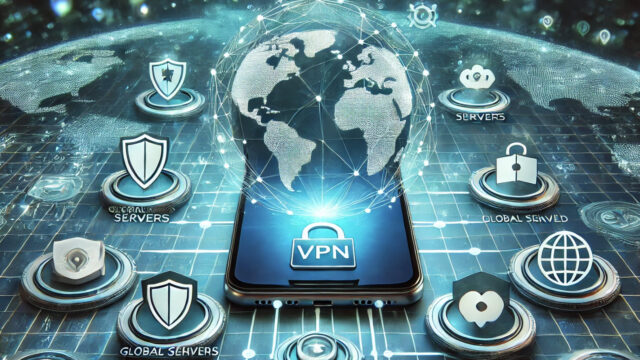In 2025, digital threats have skyrocketed. From identity theft to invasive tracking, your online activity faces constant risk. Cybersecurity analysts now urge everyone—yes, even casual internet users—to start using VPNs immediately. They’ve sounded the alarm. And if you’re still asking why use a VPN, this might be your final warning.
Hackers Don’t Sleep—And Neither Should Your Online Defenses
Hackers have become smarter, faster, and more dangerous. They target personal data, online banking info, and even your location. In recent months, several major corporations suffered breaches, but the damage didn’t stop there.
Once cybercriminals infiltrate big networks, they move on to individuals. Ordinary users. People like you.
Without a VPN, your IP address remains visible. That’s all hackers need to start tracking your movements online. And once they find your weak spots, they can exploit everything from your social media to your financial records.
VPNs Create a Secure Tunnel—Invisible to Threats
A VPN (Virtual Private Network) encrypts your data. It hides your IP address and reroutes your traffic through private servers.
This encryption prevents third parties—governments, hackers, even your internet provider—from seeing what you do online.
When asked why use a VPN, cybersecurity expert Jenna Hayes replied:
“It’s the digital version of locking your front door in a bad neighborhood.”
She added that many users still think incognito mode protects them. It doesn’t. Incognito only hides browsing history from others on the same device. It doesn’t stop trackers, data collectors, or malicious actors.
Public Wi-Fi Is a Trap—Here’s How a VPN Saves You
Cafés, airports, and hotels offer free Wi-Fi. But that free access comes with a price.
Hackers often lurk on public networks. They use basic tools to intercept your connection and steal sensitive info.
A VPN creates a private tunnel even on public Wi-Fi. It ensures that your passwords, messages, and files stay safe. No one can spy on you—not even on a compromised network.
Governments and ISPs Are Watching Too
It’s not just hackers. Governments and ISPs collect browsing data, monitor behavior, and sometimes sell it to advertisers.
In some countries, accessing certain websites remains illegal or censored. A VPN allows users to bypass restrictions and regain digital freedom.
This has sparked global interest in digital rights, with activists urging citizens to protect their online presence.
“Privacy is a right, not a luxury,” Hayes emphasized. “And VPNs are the tool we need to protect it.”
VPNs Offer Access to Global Content
Besides security, VPNs unlock geo-blocked content. Netflix, YouTube, and news sites often restrict access based on location.
A VPN allows users to switch their virtual location with one tap. Suddenly, you’re browsing as if you’re in another country—opening up thousands of shows, platforms, and resources.
For travelers, remote workers, and global citizens, this feature adds freedom and value.
Still wondering why use a VPN in 2025? Because the internet isn’t safe—and privacy is disappearing fast.A VPN isn’t just tech. It’s protection, freedom, and peace of mind.














